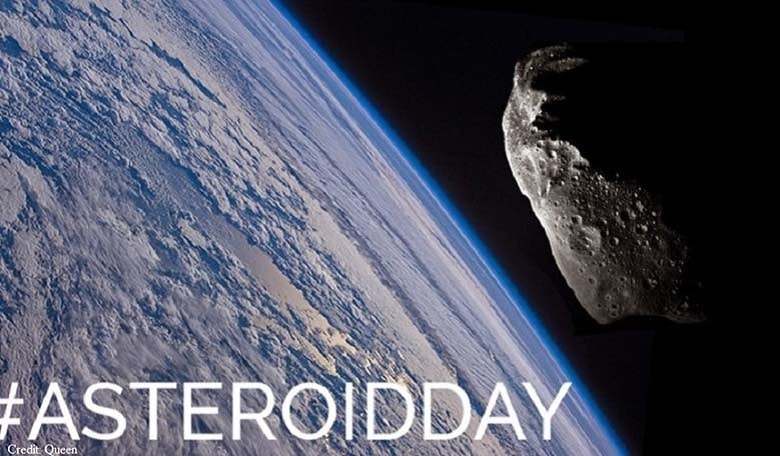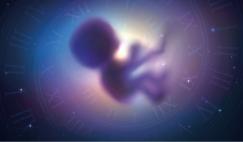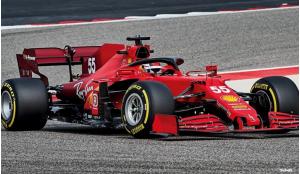Today, June 30, is Asteroid Day. Asteroid Day was created in the hopes of raising awareness about the asteroid impact threat – but not every scientist is on board.
In recent years, when the general public thought “asteroids,” references to Bruce Willis and a power ballad by Aerosmith would come to mind, all courtesy of Michael Bay’s “Armageddon” (check out this great Honest Trailer for the film while you’re at it).
The general perception was that the asteroid threat was an appropriate topic for summer blockbusters – as opposed to serious policy discussion.
All of that began to change when the Chelyabinsk meteor came out of seemingly nowhere back in 2013, reminding the world of the destructive power potential of near earth objects (NEOs) that sometimes find their way into our atmosphere.
As former NASA Astronaut Ed Lu wrote in ROOM this month – we can’t protect ourselves from dangerous objects that aren’t adequately tracked. His organisation, the B612 Foundation, has now focused its efforts on building an infrared, cryogenic space telescope to put in orbit around the Sun. The telescope, called Sentinel, will be looking at Earth with the Sun at its back, scanning space for potential nearby threats.
In order to raise awareness of the asteroid threat, Dr. Brian May (of Queen fame) and British filmmaker Grigorij Richters created Asteroid Day . On their website, anyone can sign a petition urging to accelerate the discovery and tracking of near-Earth asteroids 100 fold.
Famous signatories already include everyone from Bill Nye to Peter Gabriel.
Not everyone in the scientific community believes that asteroids pose a serious threat to us right now, however.
Eric Christensen, the head of the Catalina Sky Survey, told New Scientist recently that "the popular conception of asteroids is that they are menacing and going to kill us all, and it's just not true."
The Catalina Sky Survey is a NASA-funded project aimed at spotting potentially dangerous asteroids using sensitive ground telescopes.
According to New Scientist, we have already found all asteroids that are larger than a kilometre – and the real issue now is figuring out how much risk we’re willing to accept from smaller rocks.
That risk is not easy to calculate. Just take the case of Britain. It is not directly in any known asteroid path – but as the Telegraph reports , a sea impact could potentially trigger a deadly tsunami headed straight for British shores.
Such a tsunami may not end civilisation as we know it, but there is the question of how many lives would still be lost.
A thousand and a half people were injured seriously enough to seek medical assistance when the Chelyabinsk meteor struck. At the time, some pointed out that it was a miracle that nobody was killed
.As Brian May told Stuart Clark this week , “[Asteroid impact] is a very serious threat… It’s not a question of if, it’s a question of when.”











